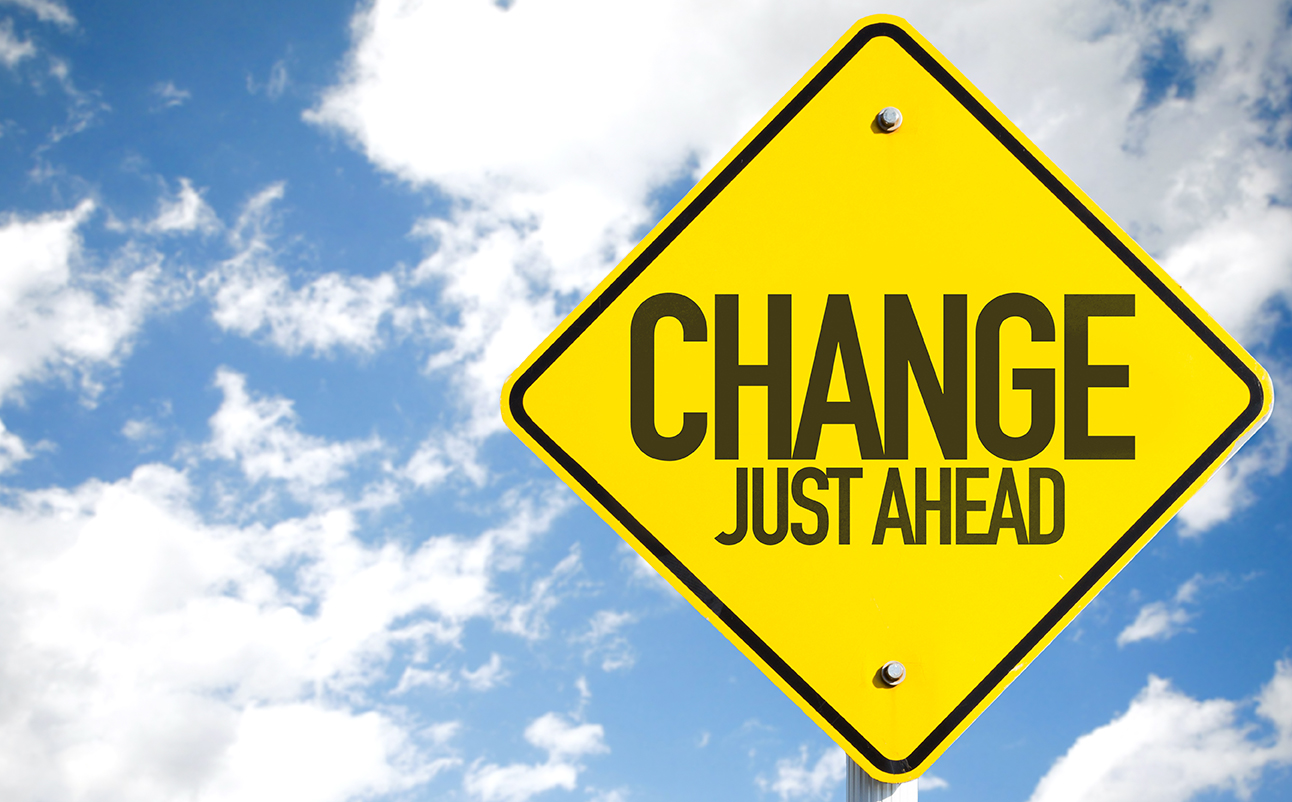Cambios en la vida
Moverse por la vida es como flotar río abajo en una balsa. Cuando te lanzan los rápidos agitados, lo mejor que puedes hacer es moverte en la dirección del agua. Luchar contra la corriente es agotador, contraproducente y peligroso. Del mismo modo, si te resistes al cambio, gastarás una enorme energía emocional y esfuerzo tratando de hacer lo imposible. Hacerlo puede provocar depresión, ira, ansiedad, emociones no resueltas, arrepentimiento o vergüenza.
Sin embargo, no todos los cambios son similares a ser arrojados a aguas embravecidas. Algunos cambios, como nuevas amistades u oportunidades de trabajo, son bienvenidos. Las transiciones que experimentamos en la vida varían enormemente. Pueden ser graduales o abruptas, como entrar en la mediana edad o perder repentinamente a un ser querido. Lo que una persona considera un cambio invitado puede ser no deseado por otra.
Adaptarse al cambio
Ya sea planificado o no, el cambio nos obliga a adaptarnos y ajustarnos. Hacerlo requiere energía, y cuando pasamos por múltiples cambios y ajustes posteriores simultáneamente, podemos estresarnos y agotarnos. Si bien no siempre podemos controlar el cambio, podemos controlar nuestra reacción al cambio. Hacerlo nos permite establecer el rumbo para una navegación más suave.
Escuche el podcast relacionado: Retírese con propósito: Tom Farley vive una vida con propósito en su jubilación y comparte sus conocimientos profesionales y experiencias personales sobre la jubilación con propósito y pasión. Con 10,000 personas que cumplirán 65 años todos los días durante las próximas dos décadas, aprender sobre la jubilación más allá de la seguridad financiera es fundamental para un bienestar óptimo durante sus años dorados.
Aprecia la consistencia
Cuando atravieses un cambio de vida difícil, rodéate de las cosas que te hagan sentir normal y con los pies en la tierra. Ya sea que se trate de tu rincón de café local favorito o un par de jeans que nunca dejan de aumentar tu confianza, identifica las fuentes de comodidad en tu vida. Aceptar la familiaridad puede ayudarte a adaptarte a las áreas de cambio en tu vida.
Reconocer el cambio
Reconocer que el cambio está ocurriendo es el primer paso para avanzar hacia la aceptación. Negar que el cambio está ocurriendo puede ser más estresante que reconocerlo desde el principio porque la negación te obliga a ser reactivo en lugar de adaptativo. Cuando nos resistimos al cambio y nos aferramos firmemente al pasado, nos negamos a nosotros mismos las oportunidades de aprender y crecer. Si pasamos nuestro tiempo preocupándonos por futuros «qué pasaría si…», echamos de menos vivir en el presente y disfrutar de los pequeños momentos especiales que hacen que la vida sea satisfactoria.
Compilar pruebas
Piensa en tu vida. ¿Qué cambios has experimentado? ¿Hubo cambios que temías? Al final, ¿ocurrieron tus miedos al cambio? Escribe una lista de las veces que el cambio que temías resultó en una experiencia positiva. Consúltalo cuando te sientas ansioso por el cambio. Tu lista es evidencia de que has superado el cambio antes, ¡y puedes hacerlo de nuevo!
Prepárese cuando sea posible
A veces, puedes predecir el cambio con una precisión considerable, como si te mudas a una nueva ciudad o comienzas un nuevo trabajo. En estas situaciones, prepárate. Hacerlo te ayudará a tener más confianza y seguridad en ti mismo a medida que navegas por este cambio.
Calma tu mente
Las investigaciones muestran que las personas tienden a centrarse más en lo negativo que en lo positivo, especialmente en tiempos de transición. Intenta dar cuenta a tus pensamientos: ¿tus miedos o preocupaciones se basan en la realidad o en hipótesis impredecibles? ¿Solo te permites concentrarte en el peor resultado posible? La atención plena, la respiración profunda y el ejercicio pueden ayudarte a despejar la cabeza para que puedas evaluar tu situación con una mente más abierta e imparcial.
Háblalo
Si los cambios en tu vida te parecen abrumadores, busca apoyo. Reconocer cuándo necesitas ayuda es un signo de fortaleza. Hable con familiares o amigos para obtener una nueva perspectiva o desahogarse. La terapia o el asesoramiento también pueden proporcionarte herramientas para navegar con éxito las transiciones difíciles.
El equipo de consejería compasiva de EFR tiene experiencia en ayudar a las personas a lidiar con los cambios en la vida. ¡Obtenga más información sobre nuestro asesoramiento asequible o conozca a nuestro equipo dedicado de consejeros!

